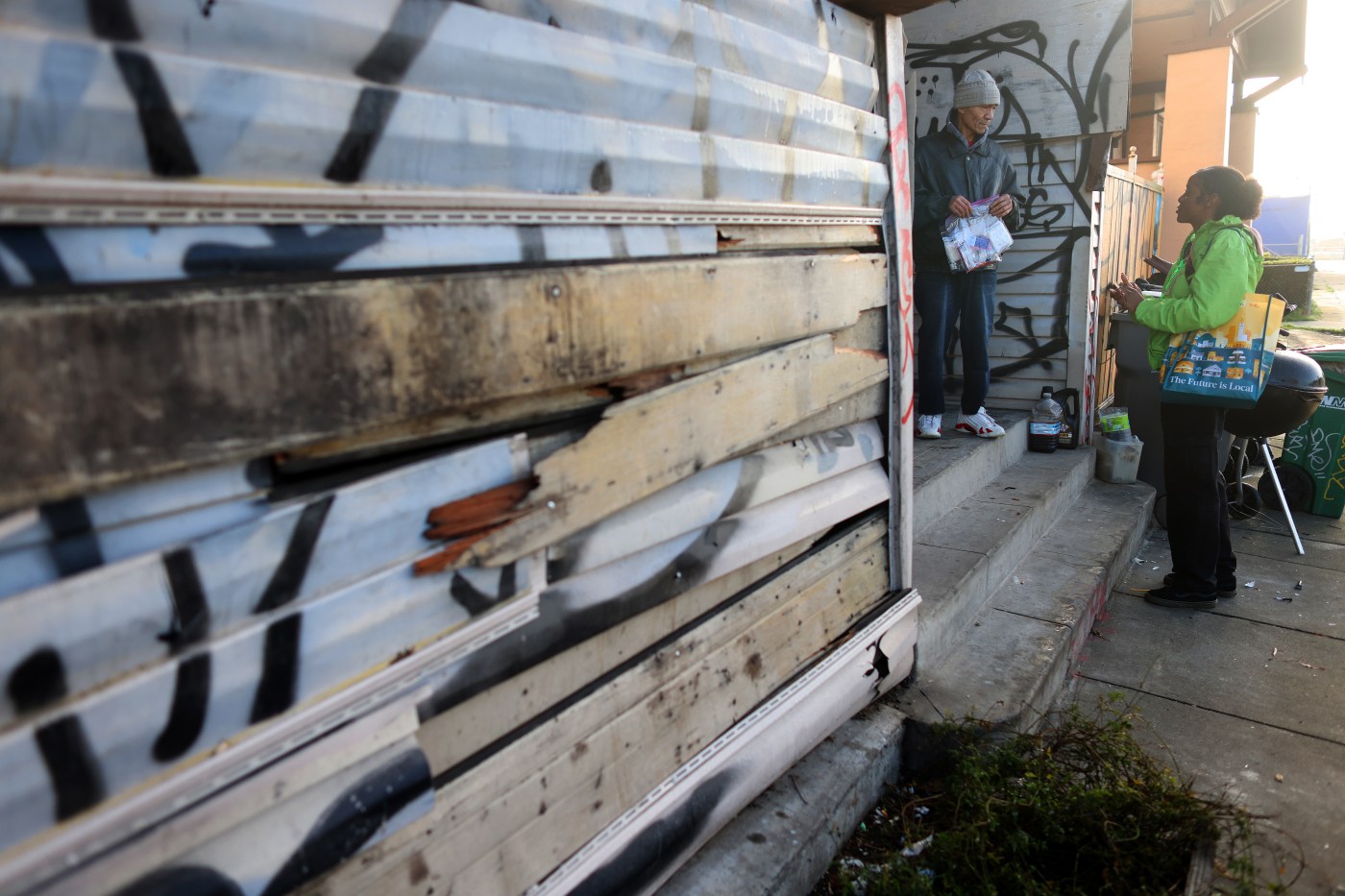A duck hunter fires a shotgun in hopes that at least one of its many pellets will strike a fast-moving bird. A deer hunter fires a rifle to send one bullet toward his stationary prey, hoping to score a quick kill.
When responding to perceived crises, California’s politicians often take the scattergun approach, implementing multiple programs in multiple agencies hoping some will work, rather than carefully aiming a solution at a clearly defined problem.
One example of the syndrome is the many programs governors and legislators have implemented to bolster the state’s economy during downturns. Once created, the programs take on lives of their own, continue operating long after the economy has recovered and are rarely compelled to justify their existence.
Another is the state’s seemingly countless efforts — both legislation and administrative decrees, scattered among a plethora of agencies – to reach the holy grail of carbon emission neutrality with little or no evaluation of their cost-effectiveness.
California’s current crisis d’jour is the ever-increasing number of men, women and children who lack homes, many of them living in squalid encampments on sidewalks and in urban greenbelts.
Polling has found that homelessness is consistently listed among Californians’ most pressing concerns. Gov. Gavin Newsom and the Legislature have repeatedly promised to deal with it and they have, as usual, enacted a stream of costly programs with catchy names they hope will have some positive impacts. Some provide housing and others purporting to treat the underlying issues, such as substance abuse and mental health, that force people into the streets.
The question, of course, is whether any of the efforts have made a difference.
In macro terms, the answer is no. The number of homeless Californians has increased by 50% in the last decade and 20% since Newsom became governor in 2019, despite the state’s spending about $20 billion on the various anti-homelessness programs during the last five years.
Those data come from a new and sharply critical report on homelessness programs by State Auditor Grant Parks, following up on a 2021 audit which found that a “lack of coordination among the state’s homelessness programs had hampered the effectiveness of the state’s efforts to end homelessness.”
The 2021 audit’s criticism rang true even though the state had created the California Interagency Council on Homelessness in 2017 to coordinate homelessness activities. After the 2021 audit and under pressure from the Legislature, the agency adopted an “action plan” with specific goals to achieve and orders to report on results.
However, the new audit, which was recently released, said the homelessness council has been tardy in reporting on outcomes, “has not aligned its action plan for addressing homelessness with its statutory goals,” and has not collected accurate data on the many specific programs.
“Until Cal ICH takes these critical steps, the state will lack up‑to‑date information that it can use to make data‑driven policy decisions on how to effectively reduce homelessness,” the audit said.
Related Articles
San Jose bans homeless encampments near schools, limits overnight RV parking
Backers of California homeless camp ban cite ‘successful’ San Diego law. But is it?
Former Oakland encampment residents commemorate year anniversary of sweeps
Letters: A bad start | Developers’ benefit | Support disabled | Cleanup detail | Travesty of justice | Not self-defense
Antioch clears out another unhoused encampment
Meanwhile, the proliferation of anti-homelessness programs continues. Just last month, voters — by the thinnest of margins — approved Newsom’s multibillion-dollar plan to overhaul mental health treatment in California, including providing more housing for those with ailments.
The fact that his measure, Proposition 1, barely survived despite many millions of dollars being spent on the campaign for it, indicates anew that Californians are growing weary of politicians’ promises to end the crisis.
The new audit implies that the public’s skepticism is well-founded. If the agency created to coordinate homelessness responses is falling short of its mission, why should we think that any specific programs are having a lasting impact?
Dan Walters is a CalMatters columnist.












